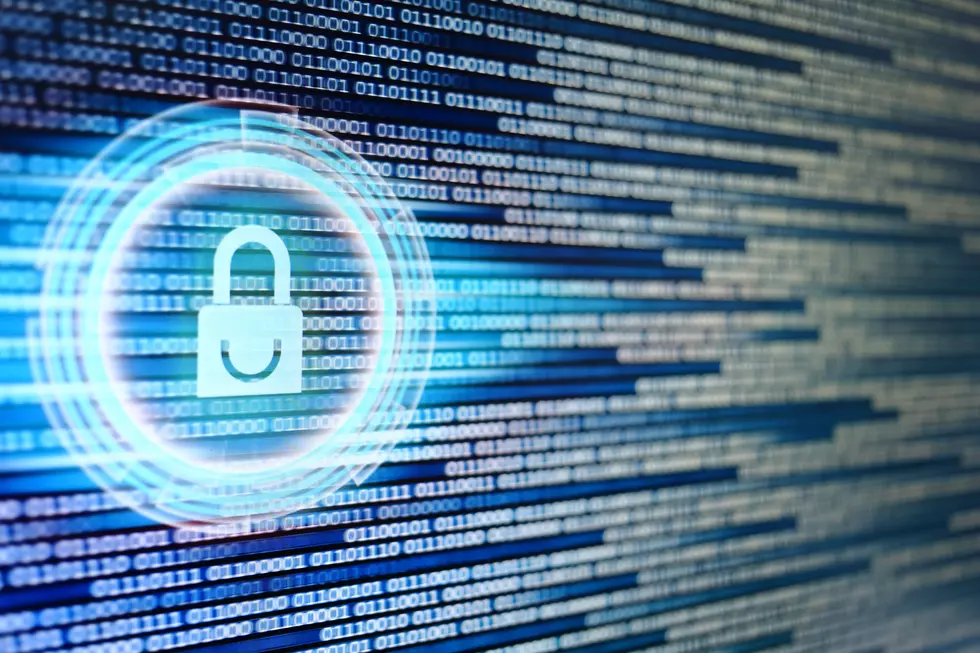
What’s being done to increase cyber security?
As New Jersey officials take part in National Cyber Security Awareness Month, it might be time to ask yourself how secure you think you are when you go online?
The idea behind the initiative is to make sure the public has the information they need to stay safe online.
According to state officials, many Jersey residents are leaving themselves vulnerable to hackers and schemers and may not even realize it.
"As more and more devices become connected to the Internet, the threat increases. What we really want to do is make sure that people, while they're either shopping or communicating with their friends online, are doing so in a safe way,” said Chris Rodriguez, director of the New Jersey Office of Homeland Security and Preparedness
He stresses one thing that can increase cybersecurity is two factor authentication, where the user provides two means of identification from separate categories of credentials.
“Another one is to make sure on all your devices your antivirus software is updated,” Rodriguez said. “What we found in the cyber realm is that most, the vast majority of the cyber breaches and vulnerabilities can be deterred by antivirus software.”
As part of Cyber Security Awareness month, Rodriguez is traveling to different New Jersey schools, telling kids they need to understand that while the Internet provides many benefits there are also significant risks.
“The message to students is be aware and make sure you think before you click,” Rodriquez said.
Part of his message to kids is to make sure they don't put the wrong kind of information online.
“Make sure that you’re not putting too much personally identifiable information out there because there are criminals who are always looking for that information to steal identities or do other malicious activity," Rodriquez said.
He's got a message to school officials too - school districts need to know they are at risk of getting hacked as well.
“Schools are big targets because of the information they have housed on their systems, whether it’s students social security numbers, personal identifiable information, and in some cases the schools themselves might not have as advanced an IT security structure as for example the private sector,” Rodriquez said.
To learn more about cyber threats and best practices you can visit the state’s cybersecurity website at cyber.nj.gov.
More From New Jersey 101.5 FM









